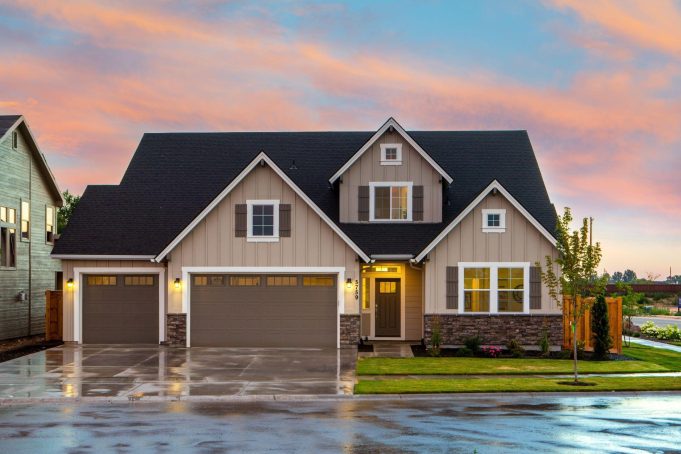There is a lot of interest in residential real estate in auction rooms. In the last year itself, Savills claims to have sold property worth over £240m at auctions which are 40 per cent higher than the previous year. In fact, the number of bidders for residential properties in auction rooms has risen by 52 per cent from 2020 to 2021. Indeed, there is an increasing interest in buying properties at an auction. If you have been thinking about attending a property auction in London, here is everything you need to know about buying real estate at an auction in the UK.
Thoroughly research the auction catalogue
Usually, an auction catalogue is available online and in print about three to four weeks before the date of the auction. Each property is listed in the auction catalogue with guide prices. Keep in mind, the guide price is different from the seller’s minimum price or asking price. Of course, guide prices and asking prices can change on the day of the auction itself, you need to be very alert while attending a property auction.
Register and view properties
First, you need to register with the auction house. Usually, this involves a short registration form that can be filled out online. You cannot take part in the auction without registering beforehand. Once you have registered with the auction house, it is time to start viewing potential properties. You can book property viewings through the auction house or through an agent. If you do find a property that you like, be sure to get the property surveyed. This is especially important if you are thinking about buying a property that requires renovation. A property valuer or surveyor will be able to study the property and let you know whether it is in good structural condition, or not.
Inspect the property
Usually, a property is sold at an auction if the homeowner could not pay the mortgage on time or could not keep up with the property taxes, and so on. The chances of the homeowner not conducting regular maintenance checks and regularly repairing the property are also pretty high. So, before you buy a property at an auction, be sure to inspect it thoroughly. Check for roof damage, water damage, black mould, fungus, plumbing issues and so on. At the end of the day, if you end up bidding on a bad property, you might end up losing money in the long run.
Always get mortgage pre-approval
When it comes to buying a property at an auction, you only have a certain number of days to pay the deposit. That is why it is always a good idea to get a mortgage pre-approval. By doing so, once you have placed a successful bid, you will be able to pay the required deposit amount in the required timeline. Talk to various banks and lenders to ensure that you get the best mortgage options.
Set a budget
For one, by applying for a pre-mortgage approval, you have a fair idea of how much you can spend on your new home. Also, it is very important to set a budget before attending an auction because things at an auction can escalate very quickly. When you are bidding at an auction, you should always keep your budget in mind so that you do not overbid. If the auction bid is crossing over your budget, it is better to stop bidding as opposed to burning a hole in your pocket by overpaying for your new home.
Have your finances and paperwork ready
You need to have your finances and all your paperwork in order, before you even start bidding on a property. If your bid is successful, buyers are usually required to pay 10 per cent of the total sale price as the deposit on the day of the auction. The remaining 90 per cent of the payment is supposed to be done within 28 days or 1 month. If you do not make the full payment within the given timeline, then you will end up losing your deposit as well as the property. That is why, it is very important to have a pre-mortgage approval in hand, before you even start bidding. You will also have to pay a fee to the auction house, which is usually around £300, or more. Additionally, a buyer also has to pay the stamp duty, survey costs, solicitor fees and maybe a few other hidden costs. Lastly, a successful bidder will also have to pay for the building’s insurance.














